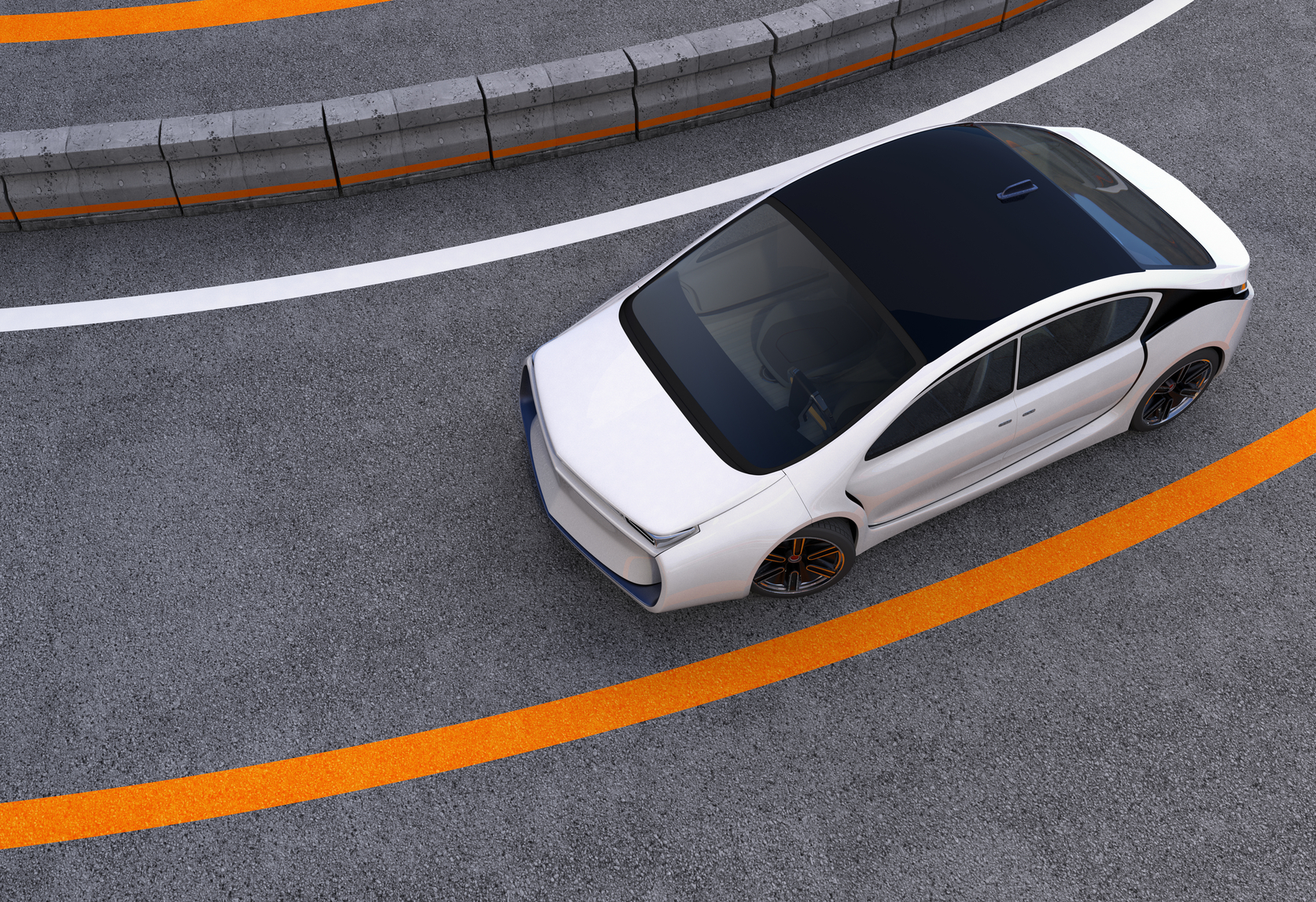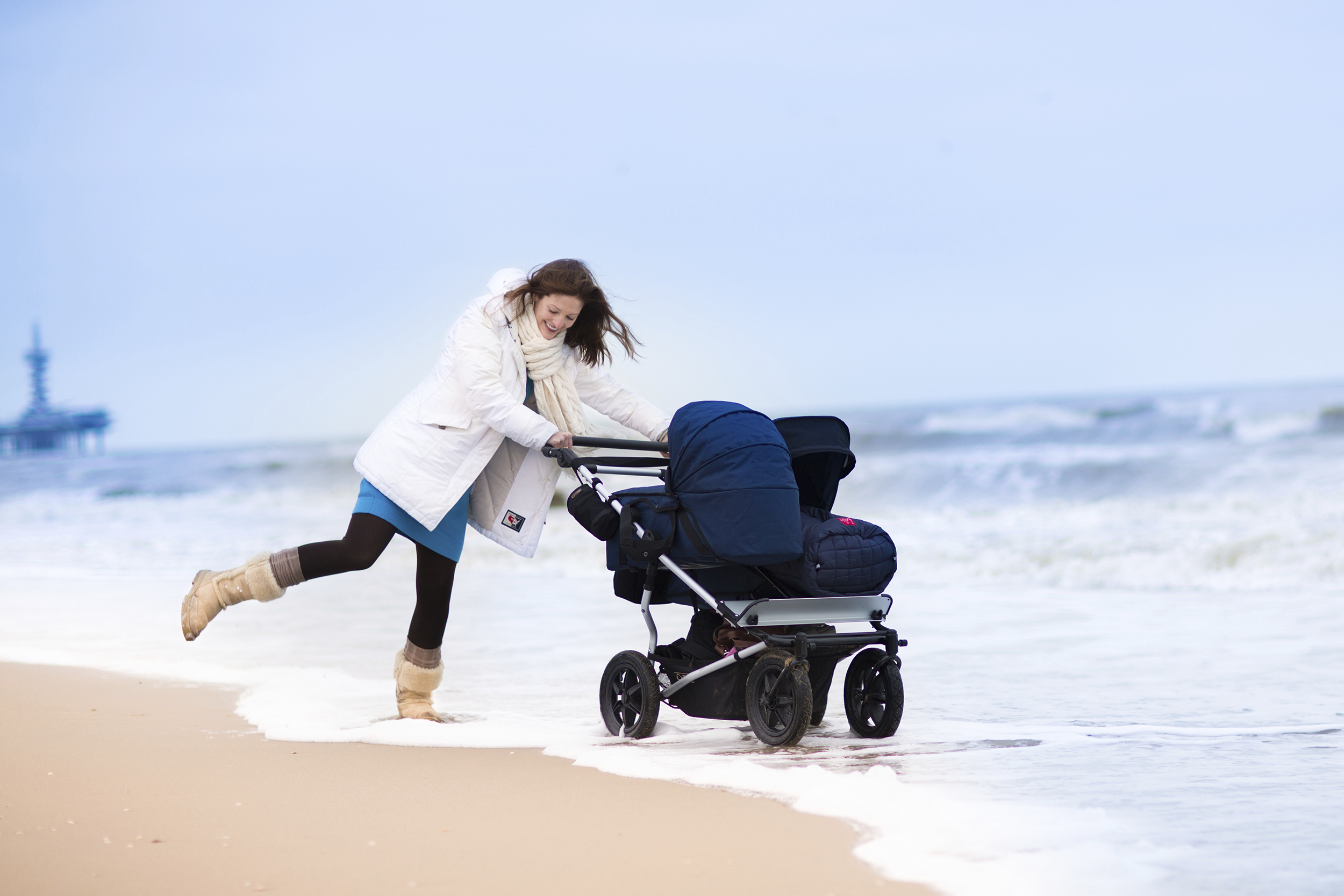What Happened
Uber is set to unleash a fleet of self-driving cars to pick up passengers on the streets of Pittsburgh this month. In partnership with Volvo, the autonomous fleet will consist of specially modified Volvo XC90 sport-utility vehicles supervised by humans in the drivers’ seats. Starting later this month, Uber will match customers in downtown Pittsburgh to driverless cars at random, and the trips will be free for the time being.
Why Brands Should Care
This impending launch marks an important milestone in the development of driverless cars, as no automotive or technology company has yet to bring autonomous cars so close to the mass consumer market. Recently, major automakers such as Ford and BMW have announced their plans for putting driverless cars on the road in the next five years. Volvo is also partnering with Uber on a $300M program to develop fully autonomous vehicles by 2021. All things considered, we may be not too far from riding in self-driving cars.
The development in autonomous cars is an important market trend that The Lab looks out for (and included in the 2020 section of our Outlook 2016) because of the incredible amount of media time it could free up. The average daily commute time in the States is currently about 50 minutes. When driverless cars are adopted by mainstream car-owners, it would make it possible for media owners and advertisers to visually connect with consumers on the go through in-car media such as digital video and video gaming.
Source: Bloomberg


